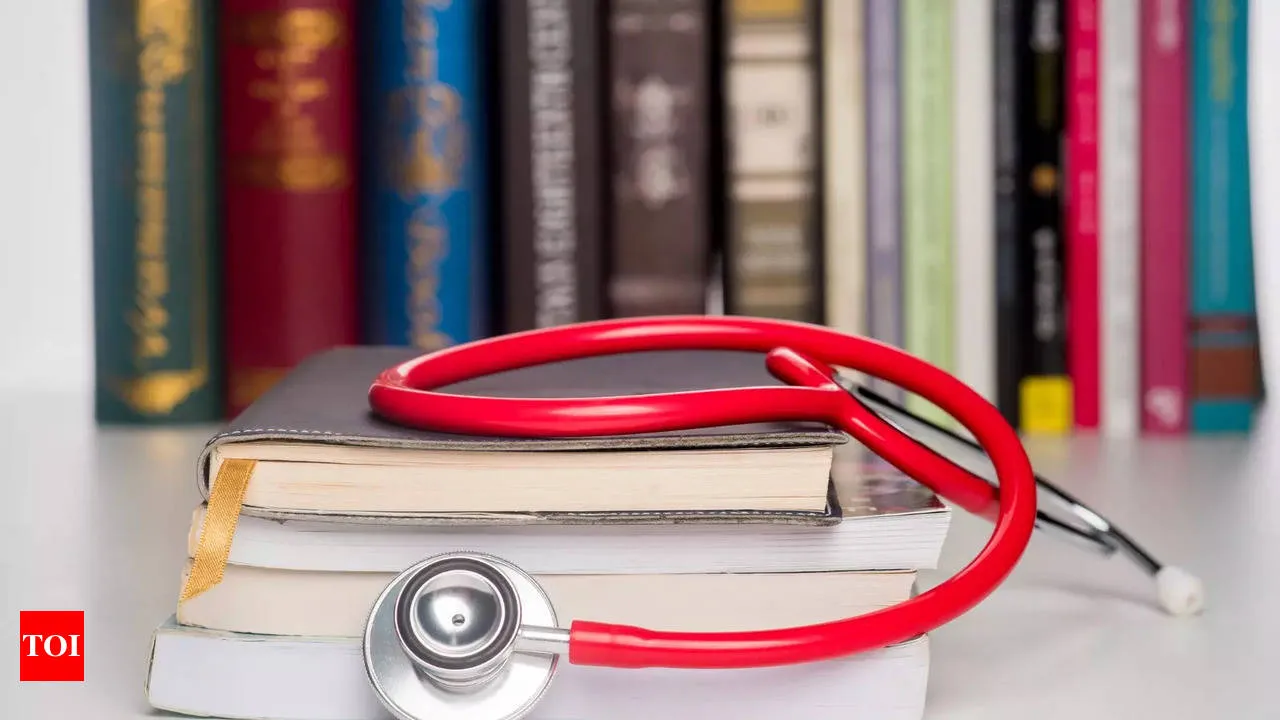Right of Persons with Disabilities Act 2016 and Medical Education for Students with Disabilities in India

Right of Persons with Disabilities Act 2016 and Its Impact on Medical Education
The Right of Persons with Disabilities Act 2016 underlines a crucial shift towards inclusivity within the medical education system in India. Medical education for students with disabilities is gaining attention as it acknowledges the necessity of creating a supportive environment for those aspiring to enter the medical field.
Challenges for Disabled Students in MBBS Admissions
Prospective MBBS students with disabilities face significant challenges during the admission process. Recent rulings from the Supreme Court indicate a growing recognition of these issues. For example, on September 2, the Supreme Court mandated the establishment of a medical board by Byramjee Jeejeebhoy Government Medical College to evaluate the eligibility of a student with a speech and language disability exceeding 40% for MBBS admission.
- Inclusivity fosters a diverse healthcare system.
- Legal considerations shape the educational landscape.
- Support mechanisms are essential for disabled medical aspirants.
Moving Forward
To enhance medical education for students with disabilities, institutions must re-evaluate existing policies and ensure that they align with the Right of Persons with Disabilities Act 2016. By addressing these challenges, a more inclusive future awaits for aspiring healthcare professionals.
This article was prepared using information from open sources in accordance with the principles of Ethical Policy. The editorial team is not responsible for absolute accuracy, as it relies on data from the sources referenced.